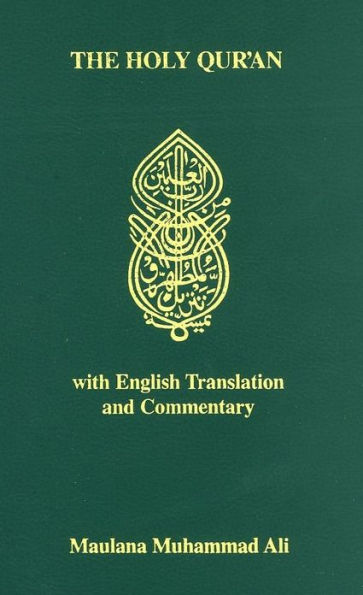Home
The Physics of The Healing: A Parallel English-Arabic Text in Two Volumes
Barnes and Noble
Loading Inventory...
The Physics of The Healing: A Parallel English-Arabic Text in Two Volumes
Current price: $89.95

Barnes and Noble
The Physics of The Healing: A Parallel English-Arabic Text in Two Volumes
Current price: $89.95
Loading Inventory...
Size: OS
*Product information may vary - to confirm product availability, pricing, shipping and return information please contact Barnes and Noble
Avicenna’s
Physics
is the very first volume that he wrote when he began his monumental encyclopedia of science and philosophy,
The
Healing
. Avicenna’s reasons for beginning with
are numerous: it offers up the principles needed to understand such special natural sciences as psychology; it sets up many of the problems that take center stage in his
Metaphysics
; and it provides concrete examples of many of the abstract analytical tools that he would develop later in
Logic
.
While Avicenna’s
roughly follows the thought of Aristotle’s
, with its emphasis on natural causes, the nature of motion, and the conditions necessary for motion, the work is hardly derivative. It represents arguably the most brilliant mind of late antiquity grappling with and rethinking the entire tradition of natural philosophy inherited from the Greeks as well as the physical thought of Muslim speculative theologians. As such,
is essential reading for anyone interested in understanding Avicenna’s complete philosophical system, the history of science, or the history of ideas.
Physics
is the very first volume that he wrote when he began his monumental encyclopedia of science and philosophy,
The
Healing
. Avicenna’s reasons for beginning with
are numerous: it offers up the principles needed to understand such special natural sciences as psychology; it sets up many of the problems that take center stage in his
Metaphysics
; and it provides concrete examples of many of the abstract analytical tools that he would develop later in
Logic
.
While Avicenna’s
roughly follows the thought of Aristotle’s
, with its emphasis on natural causes, the nature of motion, and the conditions necessary for motion, the work is hardly derivative. It represents arguably the most brilliant mind of late antiquity grappling with and rethinking the entire tradition of natural philosophy inherited from the Greeks as well as the physical thought of Muslim speculative theologians. As such,
is essential reading for anyone interested in understanding Avicenna’s complete philosophical system, the history of science, or the history of ideas.
Avicenna’s
Physics
is the very first volume that he wrote when he began his monumental encyclopedia of science and philosophy,
The
Healing
. Avicenna’s reasons for beginning with
are numerous: it offers up the principles needed to understand such special natural sciences as psychology; it sets up many of the problems that take center stage in his
Metaphysics
; and it provides concrete examples of many of the abstract analytical tools that he would develop later in
Logic
.
While Avicenna’s
roughly follows the thought of Aristotle’s
, with its emphasis on natural causes, the nature of motion, and the conditions necessary for motion, the work is hardly derivative. It represents arguably the most brilliant mind of late antiquity grappling with and rethinking the entire tradition of natural philosophy inherited from the Greeks as well as the physical thought of Muslim speculative theologians. As such,
is essential reading for anyone interested in understanding Avicenna’s complete philosophical system, the history of science, or the history of ideas.
Physics
is the very first volume that he wrote when he began his monumental encyclopedia of science and philosophy,
The
Healing
. Avicenna’s reasons for beginning with
are numerous: it offers up the principles needed to understand such special natural sciences as psychology; it sets up many of the problems that take center stage in his
Metaphysics
; and it provides concrete examples of many of the abstract analytical tools that he would develop later in
Logic
.
While Avicenna’s
roughly follows the thought of Aristotle’s
, with its emphasis on natural causes, the nature of motion, and the conditions necessary for motion, the work is hardly derivative. It represents arguably the most brilliant mind of late antiquity grappling with and rethinking the entire tradition of natural philosophy inherited from the Greeks as well as the physical thought of Muslim speculative theologians. As such,
is essential reading for anyone interested in understanding Avicenna’s complete philosophical system, the history of science, or the history of ideas.



![Explanation of the Meanings of The Noble Qur'an in the English Language [With Arabic Text]](https://prodimage.images-bn.com/pimages/9788119024858_p0_v1_s600x595.jpg)













